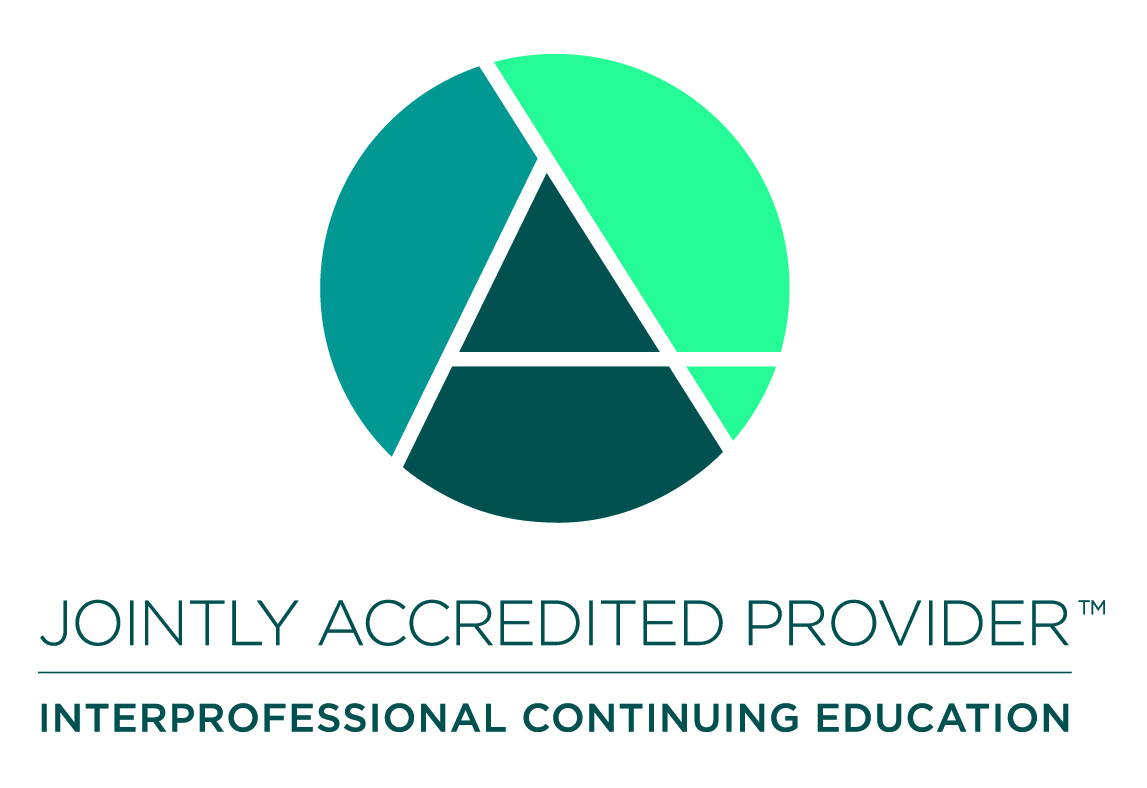HSCCP: 2024 Fall Sterile Compounding Certificate
The overall goal of PHAR 7137 is to help prepare you to achieve professional competencies and outcomes expected for a pharmacist as outlined by the Accreditation Council for Pharmacy Education (ACPE). Below are some examples where your command of the course material will prepare you to achieve competencies in the three broad domains defined by the 2022 AACP Curriculum Outcomes and Entrustable Professional Activities (COEPA). Described below are some examples where your command of the subject material of this course will contribute to preparing you to achieve these competencies as defined by ACPE:
- 1.1. Scientific thinking (Learner) - Seek, analyze, integrate, and apply foundational knowledge of medications and pharmacy practice (biomedical; pharmaceutical; social, behavioral, administrative; clinical sciences; drug classes; and digital health).
- 2.1 Problem-Solving Process (Problem Solver) - Use problem-solving and critical thinking skills, along with an innovative mindset, to address challenges and to promote positive change.
- 2.2 Communication (Communicator) - Actively engage, listen, and communicate verbally, nonverbally, and in writing when interacting with or educating an individual, group, or organization.
- 2.4 Person-centered Care (Provider) - Provide whole-person care to individuals as the medication specialist using the Pharmacists’ Patient Care Process
- 2.5 Advocacy (Advocate) - Promote the best interests of patients and/or the pharmacy profession within healthcare settings and at the community, state, or national level.
- 2.6 Medication-use Process Stewardship (Steward) - Optimize patient healthcare outcomes using human, financial, technological, and physical resources to improve the safety, efficacy, and environmental impact of medication-use systems.
- 2.7 Interprofessional Collaboration (Collaborator) - Actively engage and contribute as a healthcare team member by demonstrating core interprofessional competencies.
- 3.1 Self-awareness (Self-aware) - Examine, reflect on, and address personal and professional attributes (e.g., knowledge, metacognition, skills, abilities, beliefs, biases, motivation, help-seeking strategies, and emotional intelligence that could enhance or limit growth, development, & professional identity formation).
- 3.2 Professionalism (Professional) - Exhibit attitudes and behaviors that embody a commitment to building and maintaining trust with patients, colleagues, other healthcare professionals, and society.
Target Audience
This activity is intended for pharmacy technicians.
Learning Objectives
After completing this course, students should be able to:
Describe the regulatory standards and best practices related to design, maintenance, and cleaning of the clean room environment
- Perform calculations frequently used in the compounding of sterile preparations
- Demonstrate proper cleaning and use of both vertical and horizontal laminar flow hoods
- Demonstrate proper hand hygiene and garbing procedures according to Texas State Board of Pharmacy regulations and United States Pharmacopeia standards
- Prepare various compounded sterile preparations using the appropriate aseptic technique
- Perform activities including and related to sterile compounding for special populations
- Apply knowledge of stability, compatibility, and sterility to synthesize clinical recommendations regarding parenteral drug administration, formulation, beyond use dating, and storage
- Perform quality assurance testing in regard to personnel competency and clean room environmental integrity
No disclosures were made by the planning team or the faculty.
Jon Albrecht, RPh, MHA, BCNSP, FASHP
Rebecca Lisa Ashworth, BS Pharm, RPh, BCSCP, FACA
Terri Burrows, Terri Burrows, RPh, PharmD, JD
Theresa Day, RCPhT-Adv
Michael Epshteyn, PHARMD
Jennifer Fix, PharmD, MBA, BCACP, BCGP
Jayoung Kim, Doctor of Philosophy
Jonathan Krahl, PharmD, BCNSP
Jennifer Leiby, PharmD, BCPS, BCNSP
Crystal Simmons, MBA, BS, RCPhT-Adv
 In support of improving patient care, The University of North Texas Health Science Center at Fort Worth is jointly accredited by the Accreditation Council for Continuing Medical Education (ACCME), the Accreditation Council for Pharmacy Education (ACPE), and the American Nurses Credentialing Center (ANCC), to provide continuing Education for the healthcare team.
In support of improving patient care, The University of North Texas Health Science Center at Fort Worth is jointly accredited by the Accreditation Council for Continuing Medical Education (ACCME), the Accreditation Council for Pharmacy Education (ACPE), and the American Nurses Credentialing Center (ANCC), to provide continuing Education for the healthcare team.
As a Jointly Accredited Organization, The University of North Texas Health Science Center at Fort Worth is approved to offer social work continuing education by the Association of Social Work Boards (ASWB) Approved Continuing Education (ACE) program. Organizations, not individual courses, are approved under this program. Regulatory boards are the final authority on courses accepted for continuing education credit.
Designation Statements
Pharmacy Technician
This application-based activity has been assigned UAN JA0004637-0000-24-019-L07-T and will award 61.25 contact hour of continuing pharmacy education credit in states that recognized ACPE Providers.
Statements of participation will indicate hours and CEUs based on participation and will be issued online at the conclusion of the activity. Successful completion includes completing the activity, its accompanying evaluation and/or posttest (score 70% or higher) and requesting credit online at the conclusion of the activity.
Credit will be uploaded to CPE Monitor, and participants may print a statement of credit or transcript from their NABP e-profile. HSC complies with the Accreditation Standards for Continuing Pharmacy Education.
Available Credit
- 61.50 ACPE Technician

 Facebook
Facebook X
X LinkedIn
LinkedIn Forward
Forward